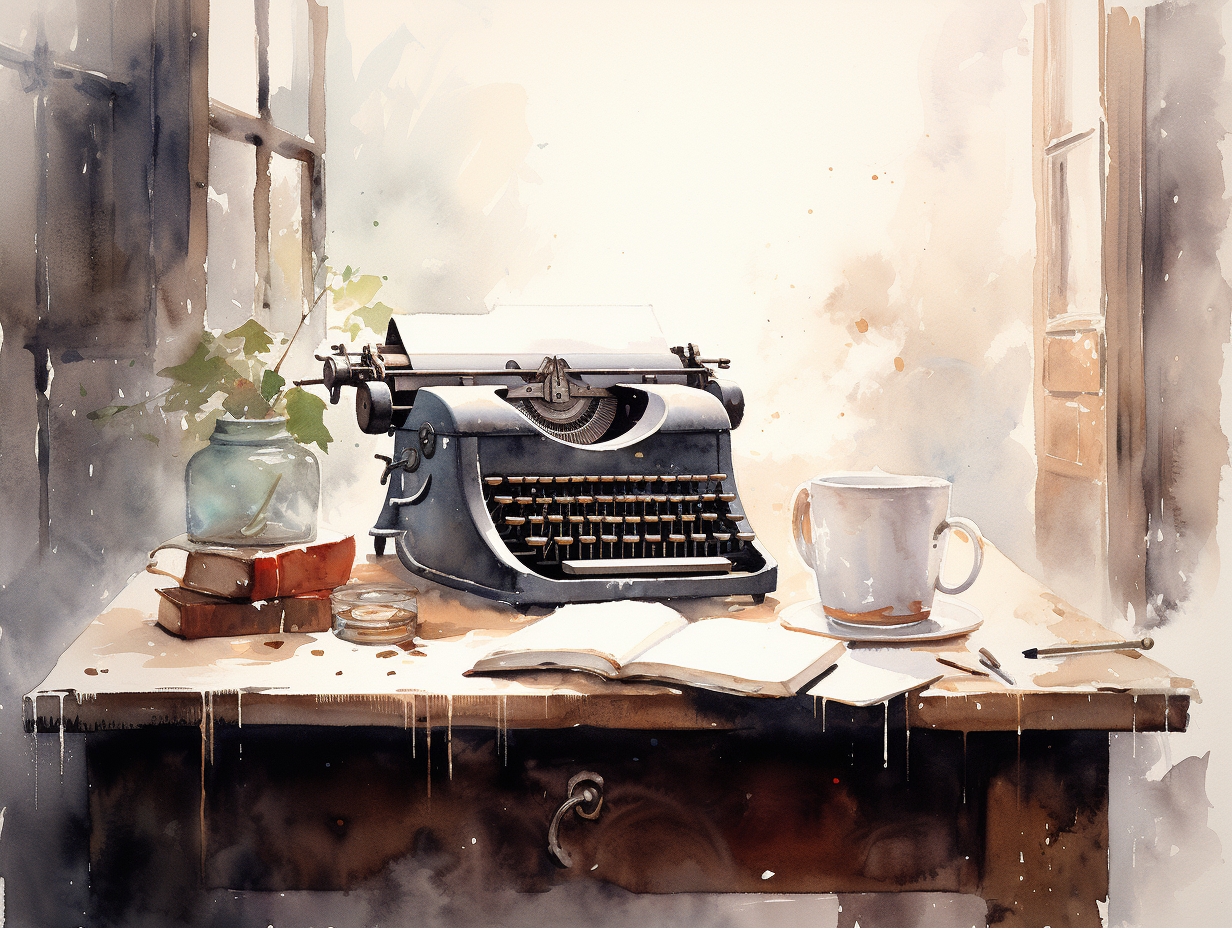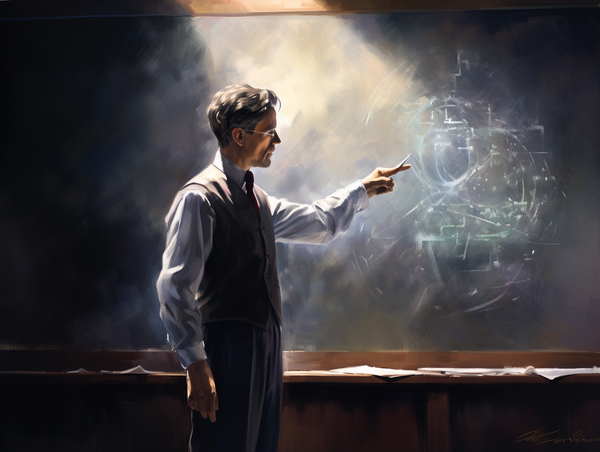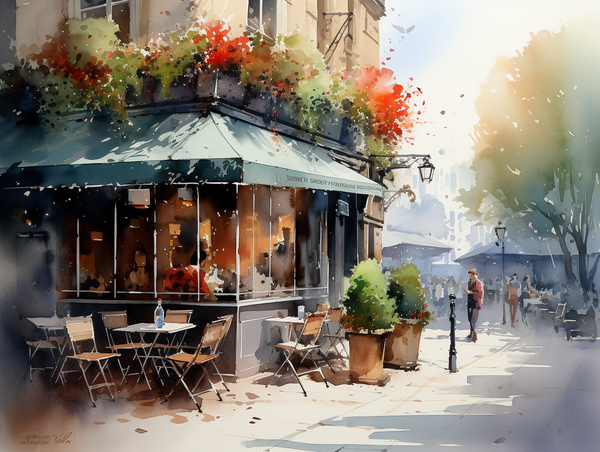The analog alternative
Why people are buying typewriters to escape their laptops

Digital minimalism promised freedom. Productivity.
Instead, it became more of a productivity hack. Another system to optimise. Another way to feel inadequate. Apps to track how many apps you were using. Password managers to manage the passwords you were logging. Complicated systems to manage notifications. Entire courses on how to use your phone less.
The cure had become the disease.
So some people - the early adopters if you may, are choosing to walk away. They're again buying record players. Film cameras. Handwriting letters. Not because analog is better, but because choosing analog is a choice they can control.
The analog alternative isn't about nostalgia. It's about a different form of agency. When you write with a fountain pen, the pen doesn't update overnight. It doesn't send you notifications. It doesn't change its interface or terms of service.
The pen is yours.
The pen buyers are not buying analog. They're buying the feeling of ownership in a world of rent and subscriptions.
But contrary to knee jerk romanticism, its rarely about returning to the past. It's about finding control in the present. The real question isn't whether analog is better than digital. It's whether you're choosing your tools, or your tools are choosing you. The people seeking analog are the same people who built the digital world. They know its power. They also know its cost.
They're not rejecting technology. They're rejecting the feeling of being optimised.
Some things work better analog. Some things work better digital. Most things work better when you decide, not when the algorithm decides for you. The choice isn't against digital. It's against being digitised. And there is a huge difference.
The market is responding.
Vinyl sales are up. Bookstore sales are up. Fountain pen sales are up. In 2024, vinyl revenue in the U.S. reached $1.4 billion—the highest since 1984. Barnes & Noble is planning to 60+ new stores in 2025 (after 57 in 2024), citing strong sales momentum. The global fountain pen market is slated to become $ 1.03 billion in 2025, with steady CAGR (≈2.5–4.5%).
These numbers are not necessarily growing because these things are objectively better. They are growing because they represent something we lost: the ability to choose tools that serve us instead of tools that serve themselves.
When you offer people infinite choice, they often choose the finite. When you offer them convenience, they sometimes choose intention.
And - when you offer them efficiency, some might choose meaning.
This isn't about technology. It's about autonomy. The analog choice is really a human statement. A reminder that we can choose how we interact with the world. Even if that choice is sometimes slower. Even if sometimes it's less efficient.
Because the feeling is more valuable.
So, as a creator, are you building tools that increase human agency, or decrease it? Are you creating products that serve people, or products that people serve?
Which audience are you serving?




